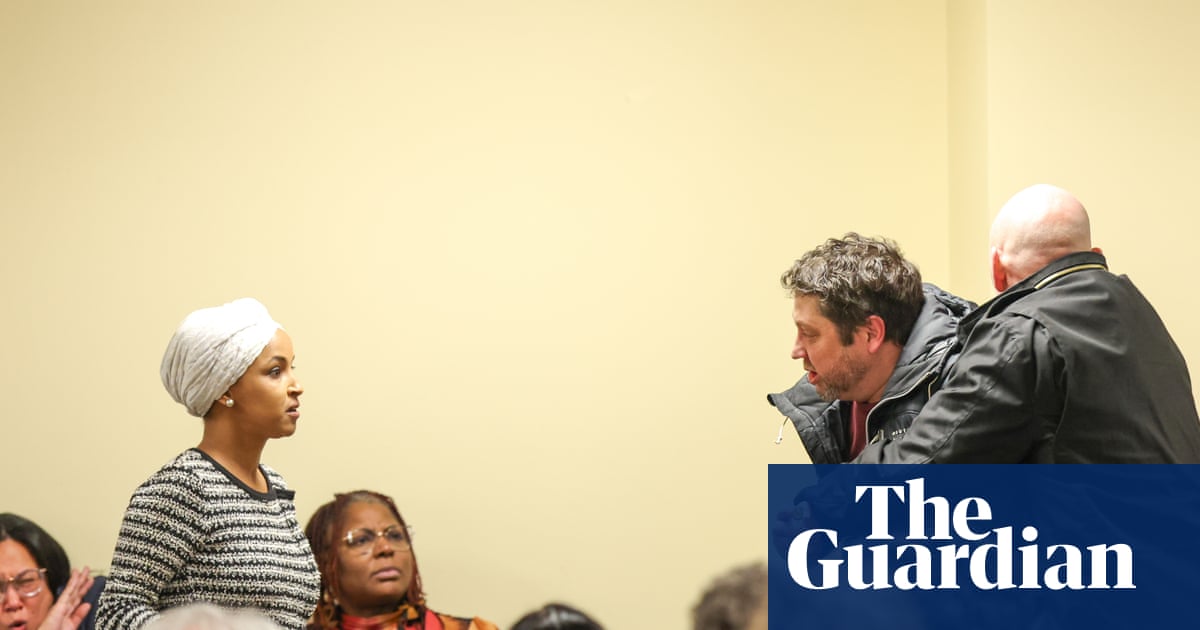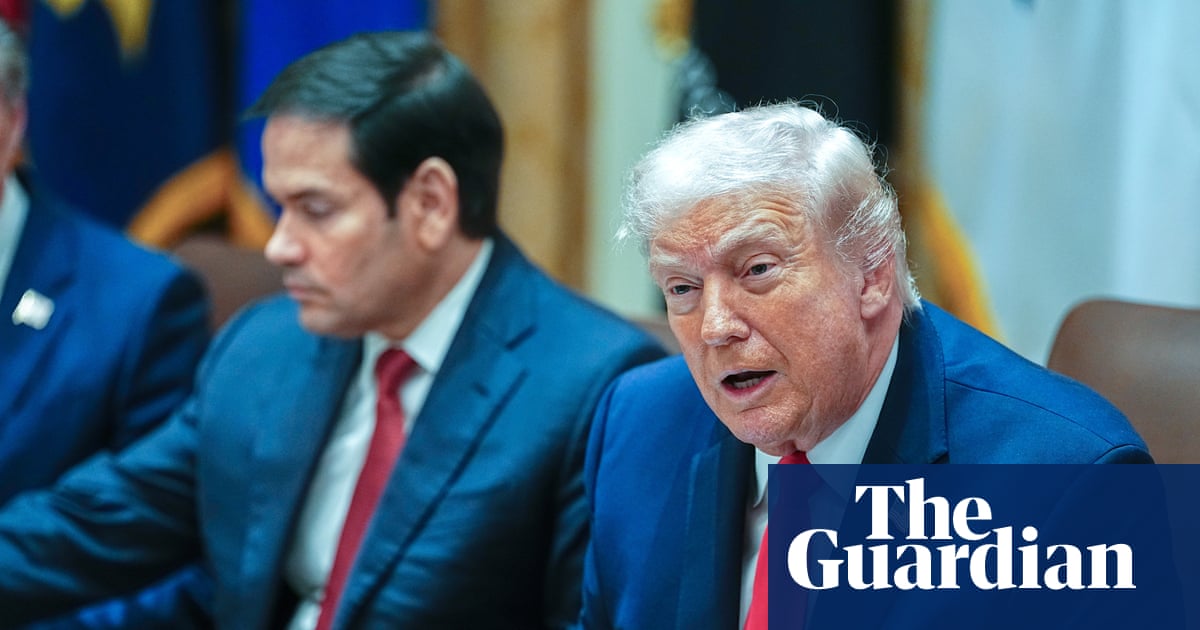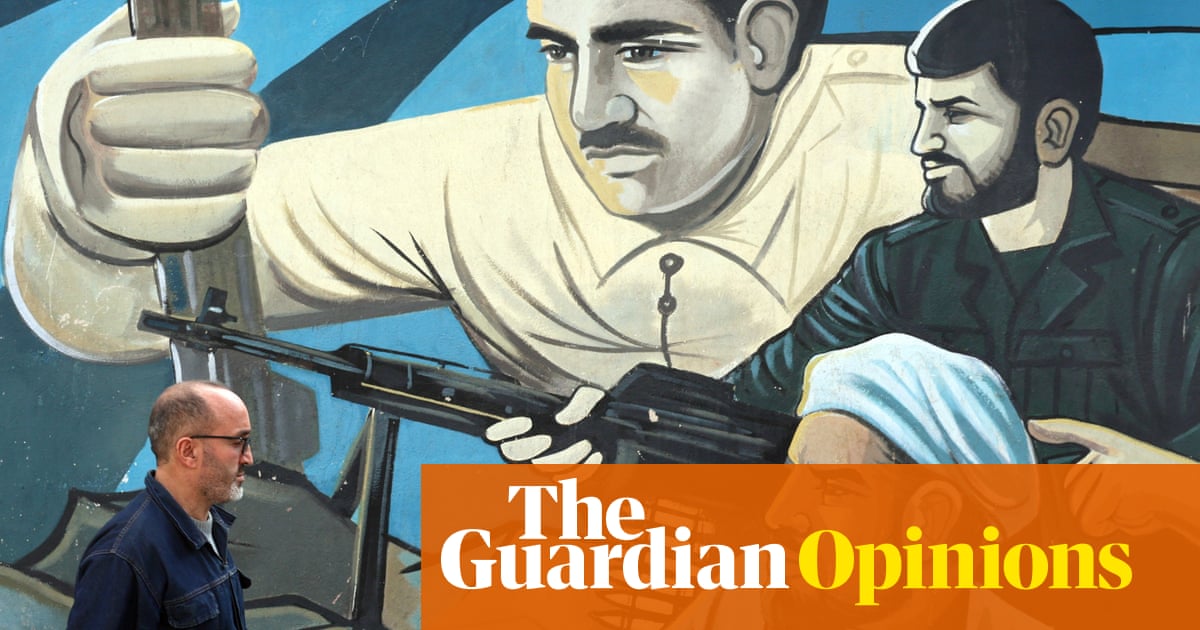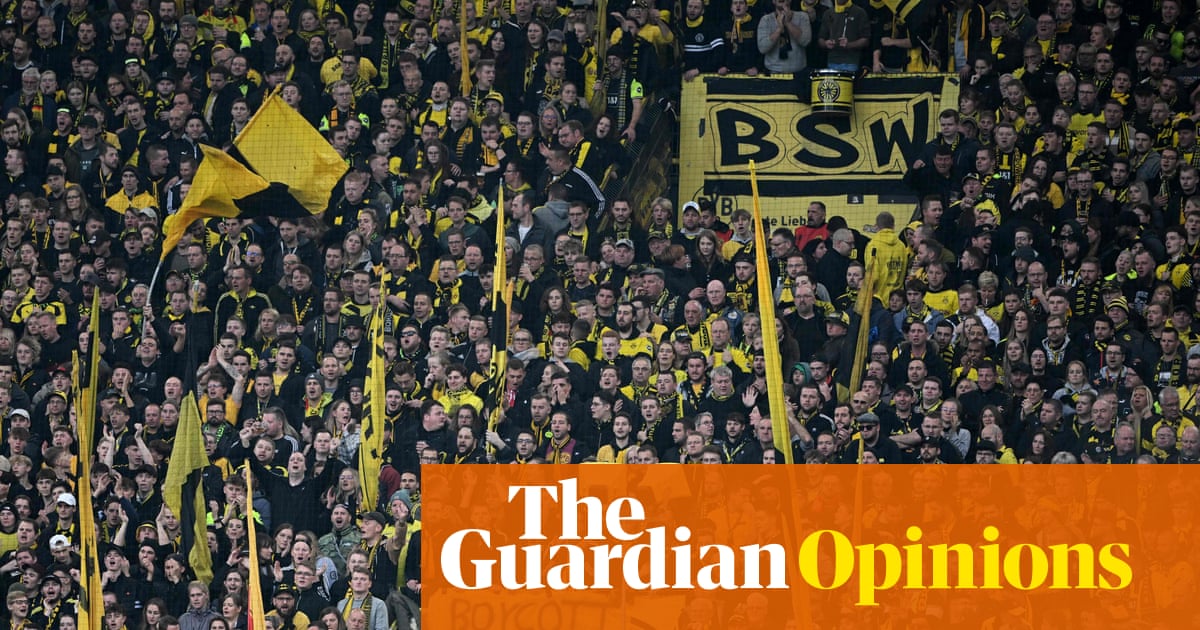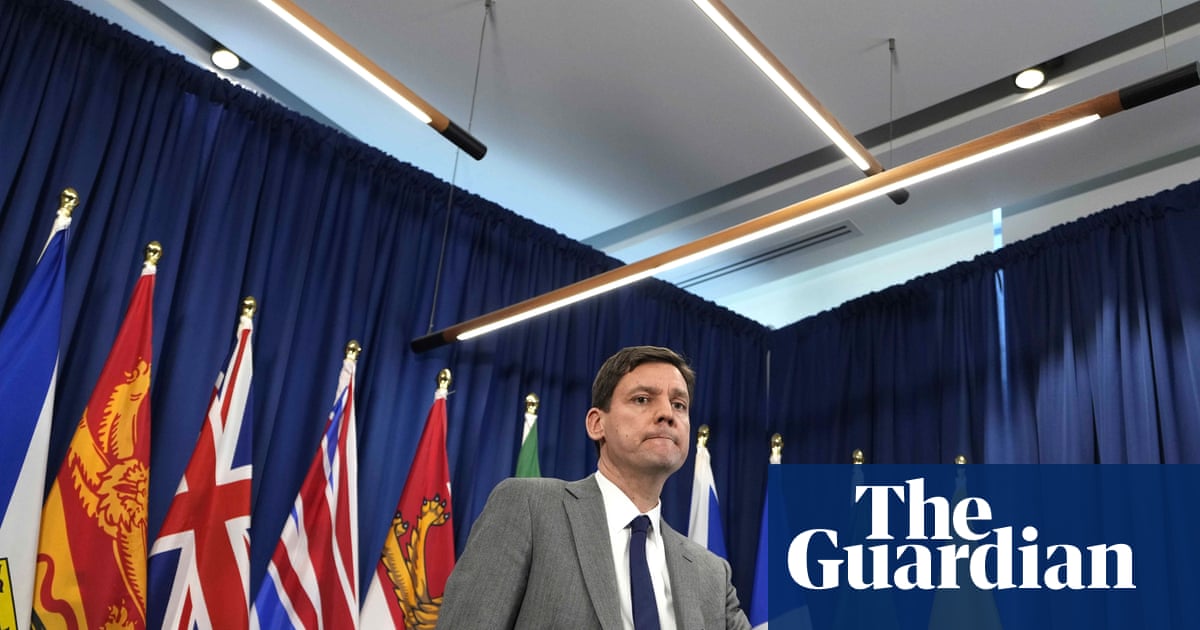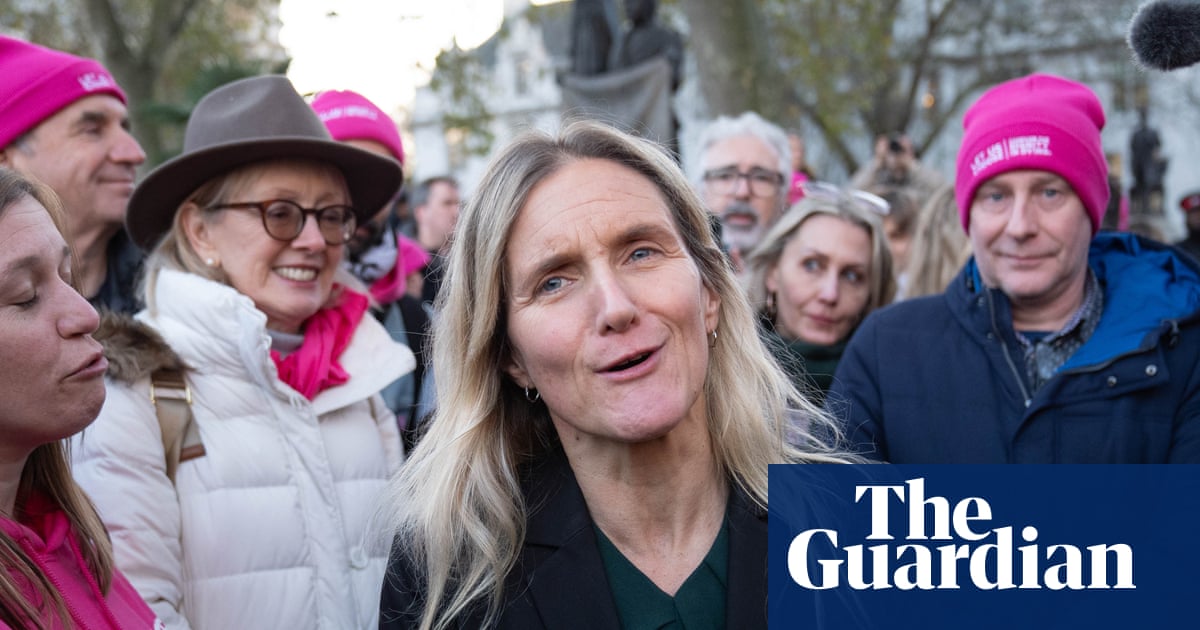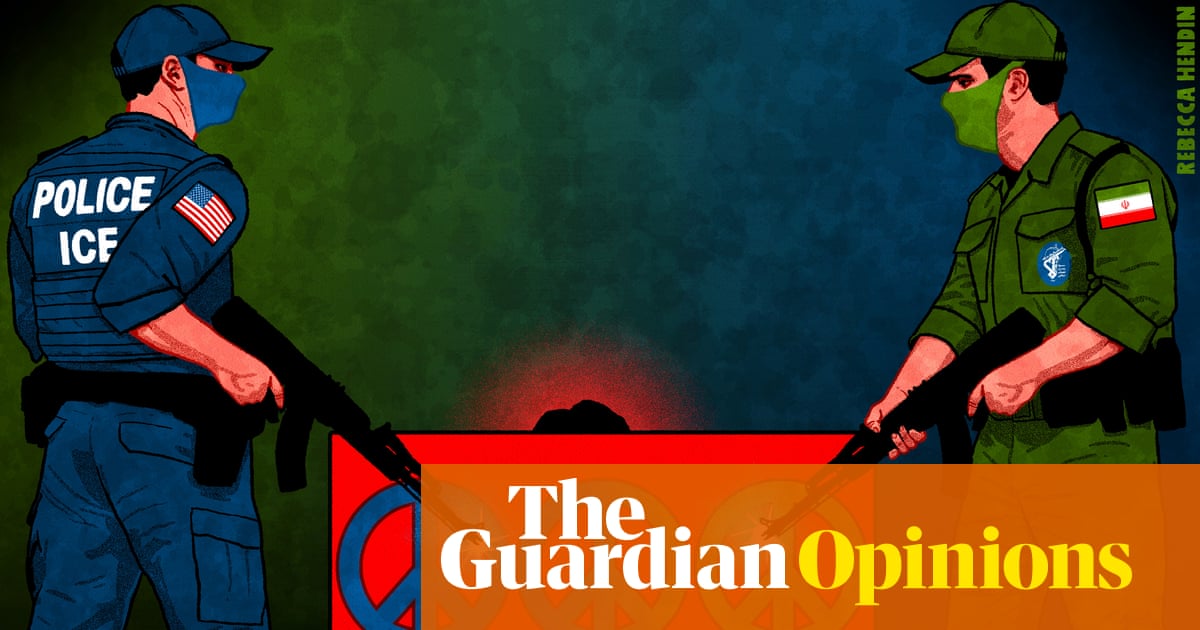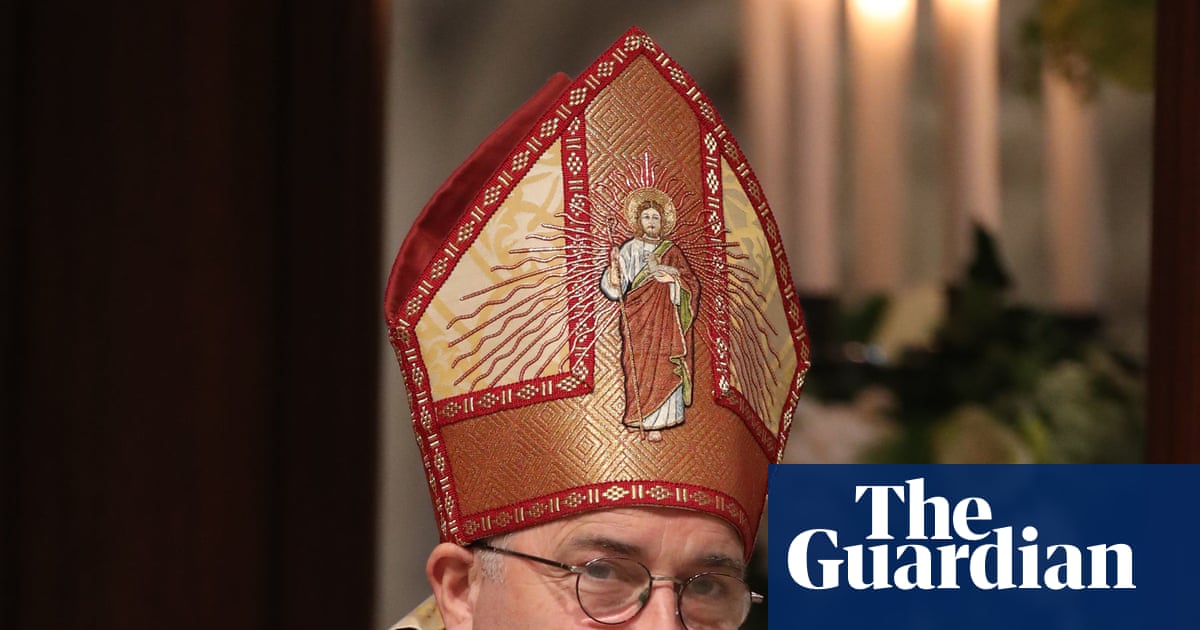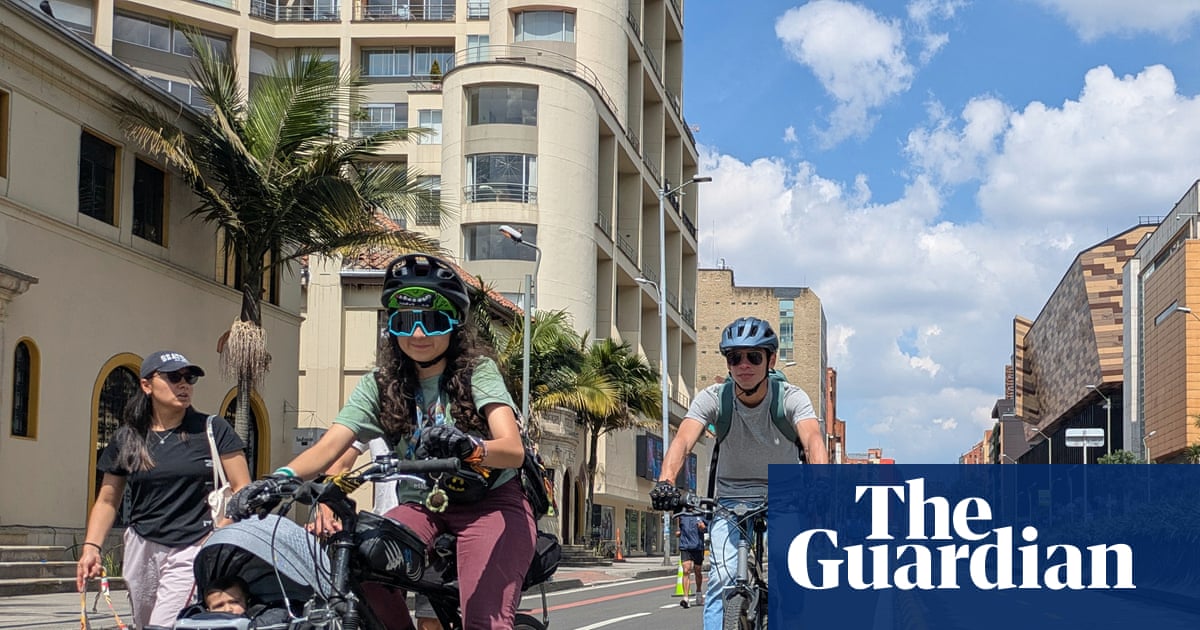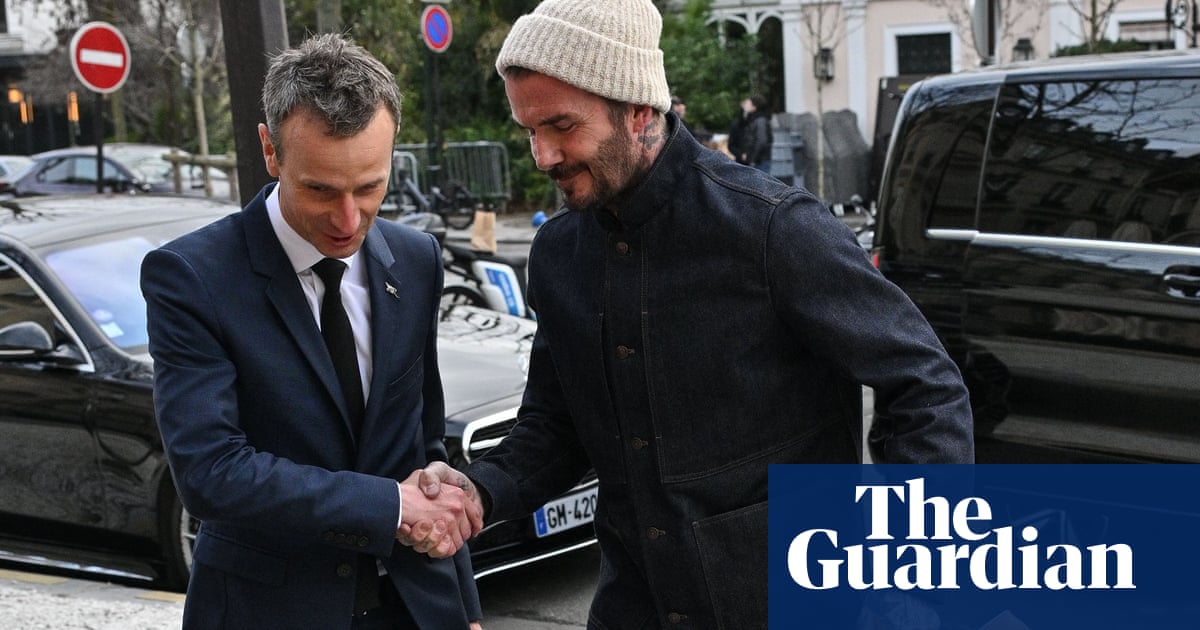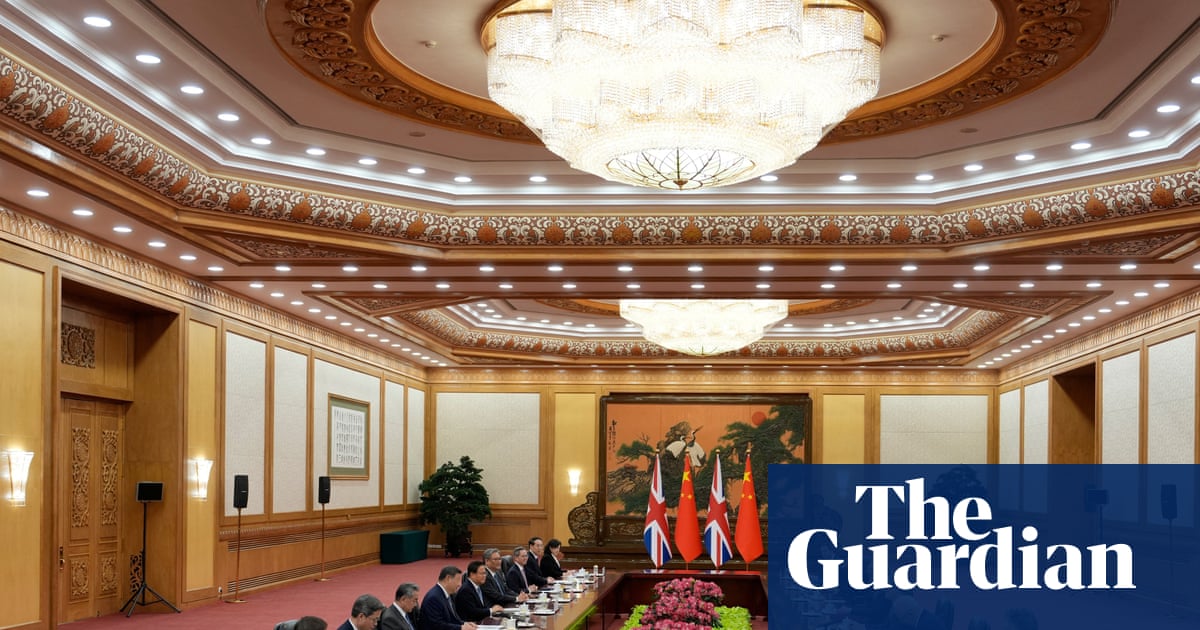At a popular Starbucks in Brooklyn’s Clinton Hill, hundreds of people – including workers, union allies, and community supporters – filled the sidewalks. In 40F (4.4C) weather, picketers held signs, marched, and chanted “What’s disgusting? Union-busting!” and “No contract, no coffee!”
More than a thousand Starbucks workers across the US walked off the job on Thursday in over 40 cities, marking one of the largest coordinated actions yet by the rapidly-growing union movement inside the world’s largest coffee chain.
The strike, timed to coincide with the company’s lucrative “red cup day” festivities, is designed to pressure Starbucks back to the bargaining table after months of stalled contract negotiations.
In Clinton Hill, many potential customers who stopped by for coffee were successfully deterred, choosing instead to support the strike. Those who chose to enter anyway were met with boos.
Kaari Harsila, a 21-year-old shift supervisor at Starbucks and one of the lead organizers of the rally, said the strike was among their biggest actions yet. “We’re changing red cup day into the red cup rebellion to show Starbucks that we are serious about our demands,” she said.
Workers were heartened by the response. “I think we have had a great turnout,” said Harsila. “I am honestly so impressed by all of the support that we’re getting from the community and from people that come here and we are able to turn away.”
More than half of potential customers, she estimated, refused to cross the picket line. Many of those protesting, she explained, were Starbucks workers, joined by “a bunch of allies that have come out from other unions” and local supporters.
Inside the store, however, Harsila said Starbucks had brought in managers and higher-level supervisors to keep operations running. “They brought in the regional and the district manager to work because they are scared. They don’t want to close it down.”
Jacob Muldoon, 25, who previously worked at Starbucks and now works at the delivery giant UPS, said he came because he knows firsthand what a union can deliver. “I used to be a Starbucks worker as well … and I really understood those conditions, those early mornings, and that bad pay,” he said. “I know what a good union contract does. I saw my pay go up $8.”
Muldoon said the benefits he now receives at UPS, including free healthcare, could transform life for baristas. “I hope that they get the same kind of benefits like that, especially now with everything becoming so expensive.”
“It’s looking good out here,” said Edwin Augustly, a 50-year-old member of Local 79 who currently works at John F Kennedy airport. “It’s pretty empty in the store right now. I live in the neighborhood, and this Starbucks is pretty much always full. And today it’s not like that at all.”
New York assembly member Claire Valdez, who previously chaired UAW Local 2110 at Columbia University, told workersthat their struggle resonated far beyond Starbucks.
“I have lost count of the number of times I’ve been in a Starbucks picket line, and I’m never not proud to do it,” Valdez said. She praised baristas for fighting not only for themselves, but broader causes. “When you fight for your trans co-workers to have healthcare, that is everyone’s fight. When you organize for Palestinian human rights, that is everyone’s fight.”
Randi Weingarten, president of the American Federation of Teachers, spoke about the struggle for fair pay. “Why is it that these gazillionaires think it is OK to nickel-and-dime baristas?” she asked. “We need to make sure that the people who do the work to make America what it is get treated with respect and dignity.”
Starbucks Workers United announced last week that workers had voted to authorize an open-ended unfair labor practice (ULP) strike. The union had spent months demanding that managers consider new proposals to improve staffing and pay, and resolve hundreds of ULP charges filed by the union against Starbucks throughout its organizing campaign.
Since 2021, more than 650 Starbucks stores have unionized, despite pushback from management. Contract talks broke down earlier this year, after the union rejected Starbucks’ economic proposals.
Starbucks said it was “disappointed” that Workers United had voted to strike, rather than continue bargaining, but insisted the “vast majority” of stores would be unaffected by the action.
In Brooklyn, however, business certainly did seem affected, at least when it comes to the number of customers walking into the store on Lafayette Avenue. For Harsila, seeing people choose to turn away from their daily Starbucks to support the union was inspiring, a sign of a successful strike.
With three nearby stores already closed, the store had been “very busy” in recent months, she said, but not today. “I am so happy to say that it has been a lot slower than it has been in the previous days.”

 2 months ago
52
2 months ago
52


